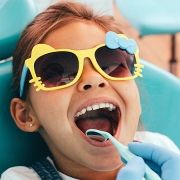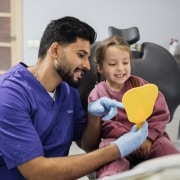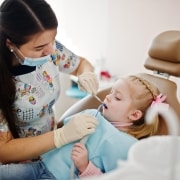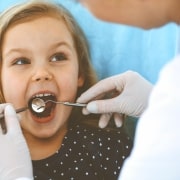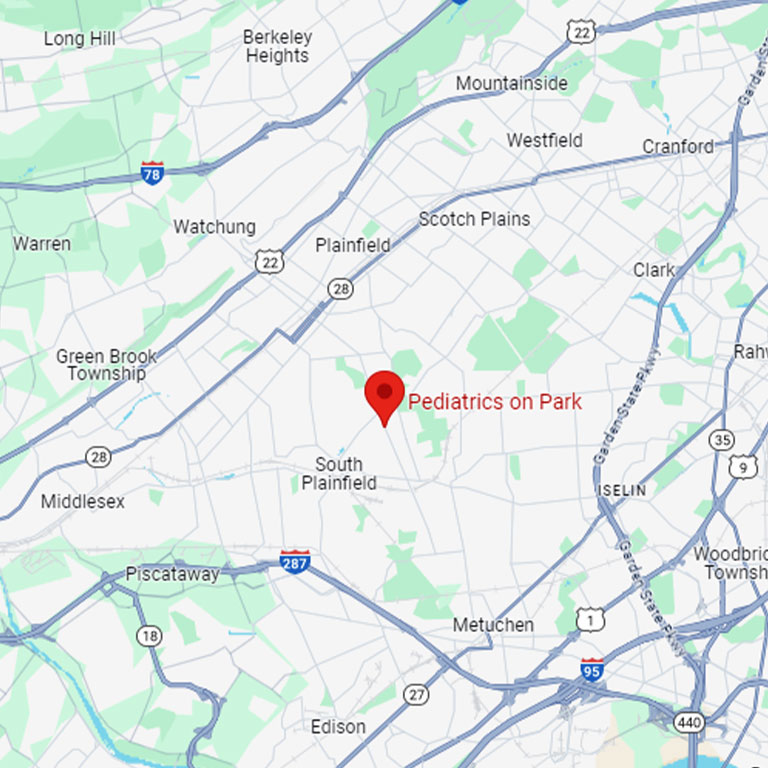Unique Oral Health Needs Of Children With Special Needs
A smile can light up any room, but for children with special needs, maintaining that smile can be a challenge. They may have conditions or developmental barriers that impact their oral health. They may have trouble sitting still long enough for a pediatric dental exam in South Plainfield, NJ, for example. Recognizing these potential obstacles is the first step in ensuring children with special needs keep their smiles.
Common Oral Health Challenges
Children with special needs can have both developmental and behavioral challenges that can impact oral hygiene, such as:
- Delayed tooth eruption—Some genetic conditions may lead to a delay or malformation in tooth eruption. Children may have extra teeth or be missing some.
- Misalignments—Some issues, such as defects in craniofacial development, can increase the likelihood of misalignments. Misalignments in teeth can make eating or speaking difficult.
- Enamel Hypoplasia—Thin or absent enamel
- Bruxism—Grinding of the teeth that can lead to enamel wear
- Sensory sensitivity—This can make sitting in the dentist’s chair difficult
- Physical limitations—Tremors and limited dexterity can interfere with oral hygiene.
This is just a short list of challenges some children face when it comes to taking care of their teeth.
Finding Tailored Solutions at Pediatrics On Park
Your special needs dentist in South Plainfield, NJ, can collaborate with parents, patients, and caregivers to find solutions to these challenges. They will emphasize the importance of prevention strategies and establishing consistent oral hygiene routines.
We can help improve communication at home and provide information on adaptive tools that can supply solutions to these challenges, such as:
- Adaptive toothbrushes—An electric toothbrush and a water flosser might help address some issues. There are also toothbrushes with special grips.
- Flashcards—These can provide step-by-step instructions for brushing and flossing.
For children who struggle with visits to the dentist, we offer sedation options. Sedation dentistry uses medication to ease anxiety during dental cleanings and procedures. Call today to speak with a pediatric dentist in South Plainfield, NJ, to learn more about special needs dentistry.

